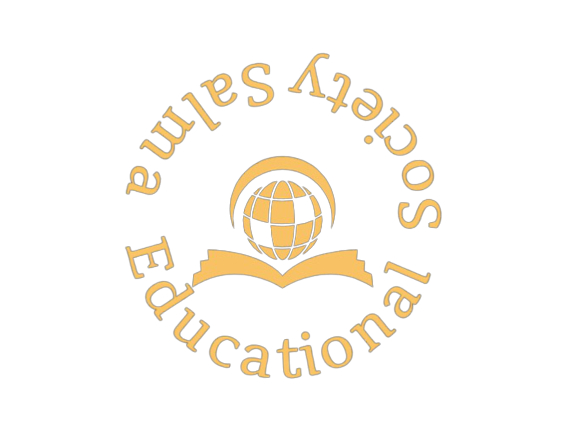Why did Interstate Disinformation Warfare Pakistan Faced in the Last Two Decades Not Yield Proportionate Results? A Qualitative Study
DOI:
https://doi.org/10.58622/ijsse.v5i1.339Keywords:
interstate disinformation warfare, disinformation impact, public opinion, international perception, warfare impact moderators, phenomenological interviewingAbstract
This study examines the role of moderating factors in the interstate disinformation warfare Pakistan has faced in the last two decades. The warfare mongers want to shape Pakistani public opinion and international perception to affect government policy in their favor by hitting these targets through media assaults. Although this study majorly involved inductive reasoning, like most qualitative studies, it partly has a validating character. This research comprised a sample of 15 interviewees with diverse backgrounds, including media academicians, journalists, and defense analysts. A purposive sampling method was adopted to recruit participants identified through snowballing. The participants were recruited through the purposive snowballing method. In-depth phenomenological interviewing was employed to collect data per this study's ontological stance and epistemological beliefs. Employing the Thematic Analysis Method, twenty codes were identified from the interview data. These codes were segregated into six nodes based on similarity. The nodes were later clubbed into a theme. Once the data had been arranged hierarchically in Codes, Nodes, and Themes, it was fed into NVivo version 12, a computer-assisted qualitative data analysis software, to compile it graphically and assign visual presentations. All participants viewed affirmatively in line with the Nodes and Child Nodes, and no differing or mitigating remark was received from the participants. So, it is confidently concluded that the research objective has been fully achieved.









